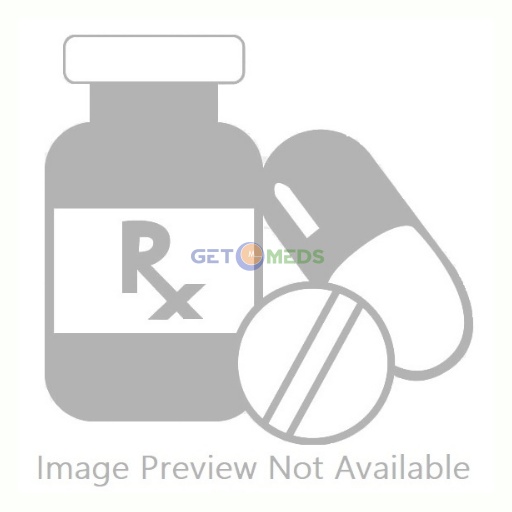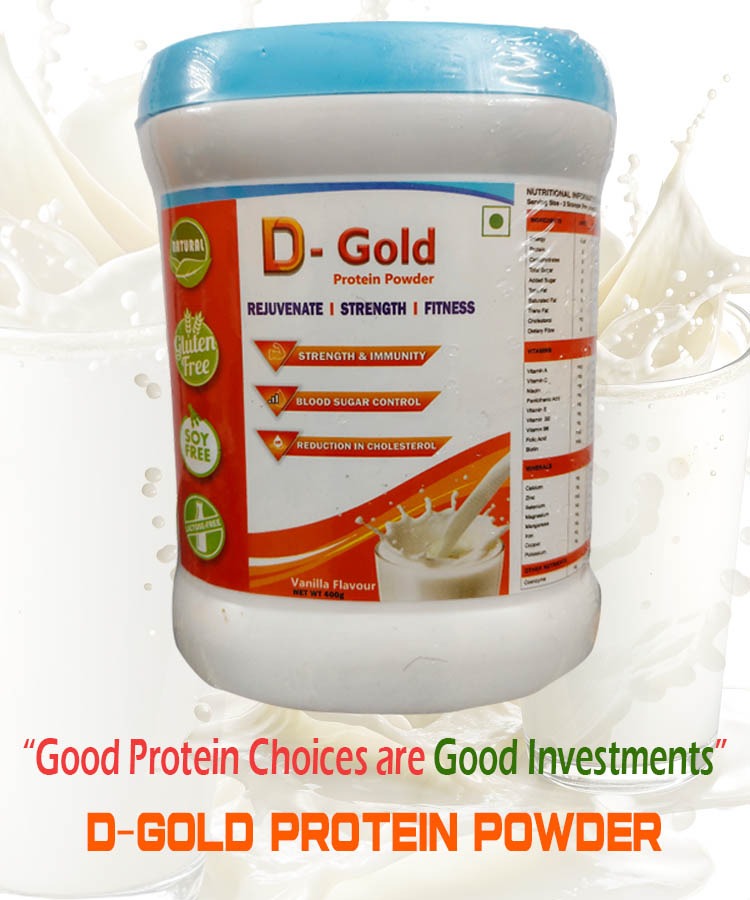All Details About Bicarb 8.4% Injection
Find out detailed description, uses, directions of use, side effects, warnings and precautions, frequently asked questions about Bicarb 8.4% Injection
Description:
Bicarb 8.4% Injection is a prescription medicine used in the treatment of metabolic acidosis, severe diarrhea, acidity, and poisoning. It is an antacid which relieves acid indigestion, heartburn, and gas.Bicarb 8.4% Injection neutralizes the acid present in the stomach by producing carbon dioxide which results in a reduction of irritation in the stomach and intestine. It also increases the pH of blood and urine, thereby correcting metabolic acidosis (high acid levels in the body) and helps in the removal of toxic substances from the body in certain types of poisoning. Moreover, in the case of excessive fluid loss (such as diarrhea), it works by improving salt and electrolyte levels.
Bicarb 8.4% Injection is generally administered by a doctor or a nurse. Do not self-administered the injection. To get the most benefit, take this medicine at evenly spaced times and continue using it until your prescription is finished, even if your symptoms disappear after a few days. Take this medicine in dose and duration as advised by your doctor as excess intake of this medicine can disturb the fine balance of electrolytes and can cause unwanted side effects.
This medicine can cause common side effects such as dry mouth, increased thirst, and frequent urination. If you experience any of this side effect, you should let your doctor know. They may be able to suggest ways to reduce the symptoms.
It is important to consult a doctor before taking this medicine if you are suffering from severe stomach and kidney disease. It is an effective medicine with very little side effects like dry mouth and increased thirst. Pregnant or breastfeeding women should also consult their doctor before taking this medicine.
Uses:
- Metabolic acidosis
- Drug intoxication
- Severe Diarrhea
- Treatment of Indigestion
Directions For Use:
Your doctor or nurse will give you this medicine. Compassionately do not self administer.Side Effects:
Most side effects do not require any medical attention and disappear as your body adjusts to the medicine. Consult your doctor if they persist or if you’re worried about themOrdinary side effects of Bicarb
- Dryness in mouth
- Increased thirst
- Stomach cramp
- Flatulence
Warning & Precautions:
Alcohol
UNSAFE
It is unsafe to consume alcohol with Bicarb 8.4% Injection.
Pregnancy
CONSULT YOUR DOCTOR
Bicarb 8.4% Injection may be unsafe to use during pregnancy. Although there are limited studies in humans, animal studies have shown harmful effects on the developing baby. Your doctor will weigh the benefits and any potential risks before prescribing it to you. Please consult your doctor.
Breast feeding
CONSULT YOUR DOCTOR
Bicarb 8.4% Injection is probably unsafe to use during breastfeeding. Limited human data suggests that the drug may pass into the breastmilk and harm the baby.
Driving
SAFE
Bicarb 8.4% Injection does not usually affect your ability to drive.
Kidney
CAUTION
Bicarb 8.4% Injection should be used with caution in patients with kidney disease. Dose adjustment of Bicarb 8.4% Injection may be needed. Please consult your doctor.
Liver
CAUTION
Bicarb 8.4% Injection should be used with caution in patients with liver disease. Dose adjustment of Bicarb 8.4% Injection may be needed. Please consult your doctor.
FAQs:
Q. What is the use of Bicarb 8.4% Injection?
Bicarb 8.4% Injection is used to make your blood or urine less acidic. High levels of acid in blood can be caused by diabetes, hepatitis, heart and kidney problems, shock, severe dehydration or diarrhoea, Increaseison‘s disease, and malnutrition.
Q. Is Bicarb 8.4% Injection harmful?
Bicarb 8.4% Injection is safe if used as a medication and as prescribed by the doctor. However, excess of Bicarb 8.4% Injection can disturb the fine balance of electrolytes (like sodium, potassium, carbonate, etc.) that is needed by the body to function properly. As a result, it can cause unwanted side effects.
Q. In which conditions should Bicarb 8.4% Injection be avoided?
The use of Bicarb 8.4% Injection should be avoided in patients who have kidney disease or kidney stones, heart disease, or high blood pressure or high blood pressure due to pregnancy. Increaseitionally, it should also be avoided in patients who have excess sodium in the blood, swelling due to excess fluid, and low levels of potassium or chloride in the blood.
Disclaimer:
Getomeds primary intention is to ensure that its consumers get information that is reviewed by experts, accurate, and trustworthy. The information and contents of this website are for informational purposes only. They are not intended to be a substitute for professional medical advice, diagnosis, or treatment. Please seek the advice of your doctor and discuss all of your concerns about any disease or medication. Do not disregard or postpone seeking professional medical advice because of something you read on Getomeds. Our mission is to support, not replace, the doctor-patient relationship.

